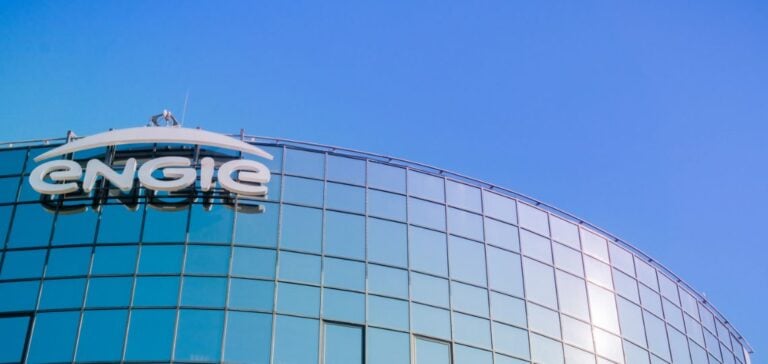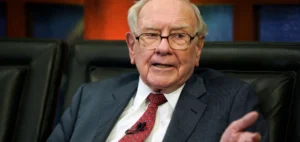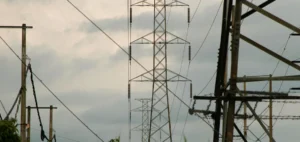Engie, the French energy group, announced on Thursday that it is aiming for the top end of its forecast range for 2024, despite a significant drop in revenue over the first nine months of the year. Due to the normalization of market conditions, the company’s revenue decreased by 14.8%, reaching 52.6 billion euros for this period. This decline is notably attributed to falling energy prices, a significant factor in the sector this year.
Despite this revenue decline, Engie remains optimistic about its financial targets. The group is aiming for a recurring net income at the high end of the expected range, set between 5.0 and 5.6 billion euros for 2024. Furthermore, the EBIT (operating income) from non-nuclear activities is also expected to reach the upper part of the indicative range, which spans from 8.2 to 9.2 billion euros.
Investments in renewable energy
Catherine MacGregor, CEO of Engie, praised the group’s “very good performance” over the first nine months of the year, stating that the results demonstrate the relevance of Engie’s integrated model. She also highlighted the significant cash flow generated during this period. This financial performance enables Engie to bolster its investment strategy in renewable energy, a key priority for the group.
In 2024, Engie added 2.3 gigawatts (GW) of renewable capacity and currently has 7.2 GW under construction. The group’s management believes that these results confirm its ability to meet its annual target of 4 GW in new installed capacity, strengthening its position in the renewable energy sector.
Growth ambitions in the renewable sector
Engie plans to continue increasing its renewable capacity at a steady pace. The group’s goal is to add an average of 4 GW of renewable capacity per year until 2025. This effort aligns with the global energy transition and Engie’s commitments to reducing carbon emissions.
The EBITDA (gross operating profit) from non-nuclear activities, however, decreased by 6%, reaching 10.4 billion euros, with a similar organic decline of 6.1%. The non-nuclear EBIT also fell by 11.2%, to 7.1 billion euros. Despite these declines, Engie’s management remains confident in reaching its targets for the year.






















